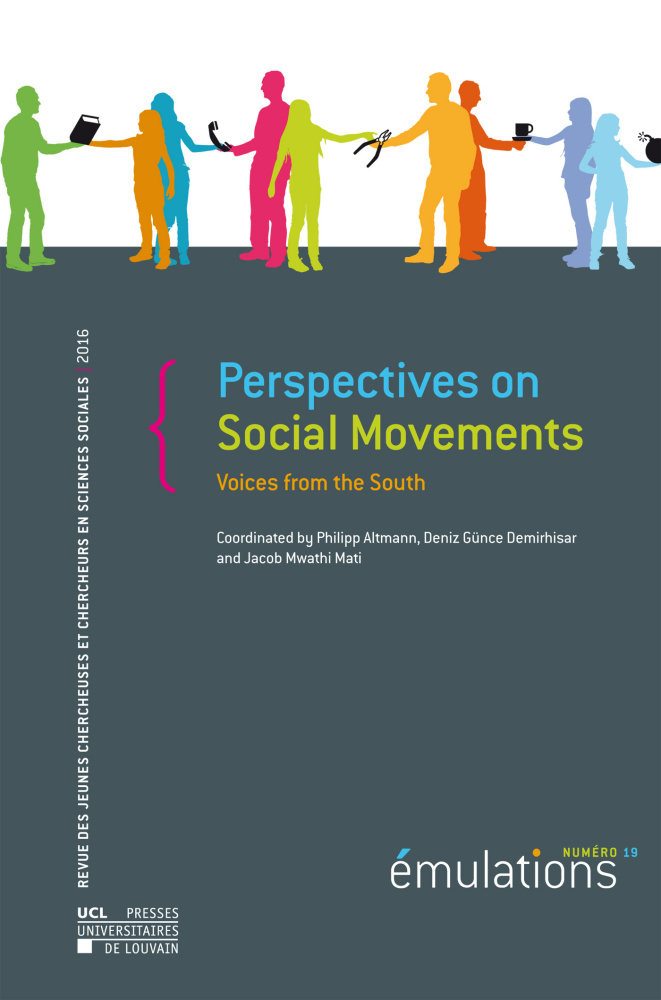Communicative Citizenship and Human Rights from a Transnational Perspective
Social Movements of Victims of Eastern Antioquia, Colombia
DOI:
https://doi.org/10.14428/emulations.019.005Keywords:
Communicative citizenship, Collective action, Emotions, Symbols, Human rights, Transnational activism, Armed conflict, ColombiaAbstract
This paper addresses the experience of two victims’ social movements originating from the Colombian subregion of Eastern Antioquia. Drawing from a transnational perspective, these social movements have been developing different types of symbols and communicative citizenship actions to claim human rights in the midst of the Colombian armed conflict. Specifically, the paper focuses on the cases of The Association of Organized Women of Eastern Antioquia (AMOR) and The Provincial Association of Victims to Citizens (APROVIACI). It explores how these two movements have implemented, transferred and adapted different symbols, communicative citizenship actions and forms of political engagement. In order to do so, they used other victims’ groups of the global south as a reference. These include the association of Mothers of the Plaza de Mayo (Argentina) and May our Daughters Return Home, Civil Association (Mexico). The main aim of the paper is to demonstrate that these two Colombian cases (AMOR and APROVIACI) are successful examples of transfers, adapt and implement different types of political actions and symbols from other parts of the global south in order to improve social and political activism in particular contexts. The article introduces the concept of communicative citizenship field in which emotions and affection act as a catalyst to generate collective actions for counter public groups in armed conflict societies. This process ultimately leads to the transformation of the victim status into an active citizenship condition. This study finally argues that the construction of symbols that articulate communicative dimensions of political, social and cultural rights, can help civil society groups and social movements in the rebuilding of a sense of citizenship and collective belonging. Furthermore, these symbols may generate processes of construction of social memory, recognition and solidarity from a counter public perspective.
Downloads
Published
How to Cite
Issue
Section
License
Copyright (c) 2017 Revue Emulations

This work is licensed under a Creative Commons Attribution 4.0 International License.




.png)





